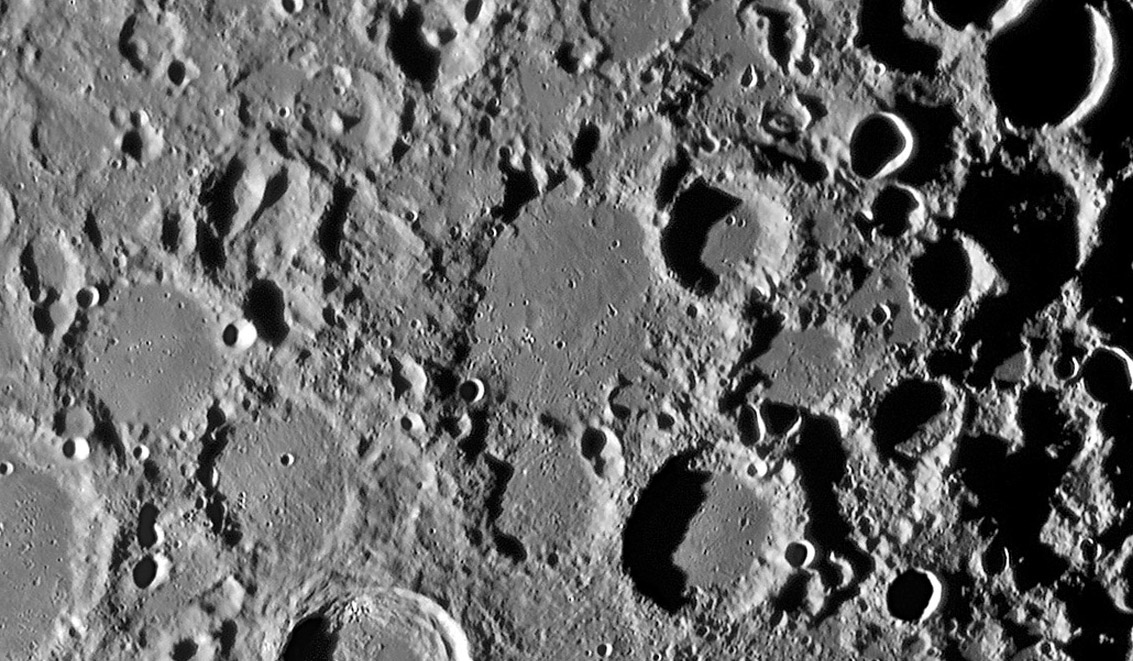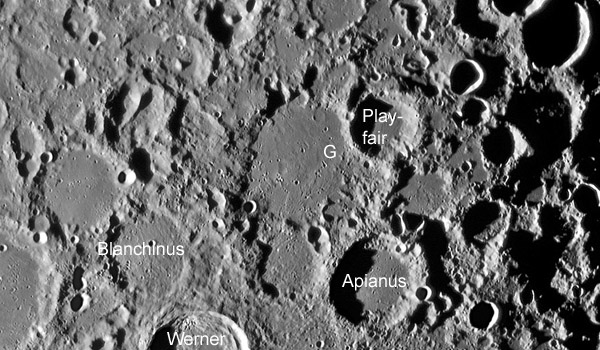Difference between revisions of "February 11, 2010"
| Line 3: | Line 3: | ||
<!-- ws:start:WikiTextHeadingRule:1:<h1> --> | <!-- ws:start:WikiTextHeadingRule:1:<h1> --> | ||
<!-- ws:start:WikiTextLocalImageRule:24:<img src="/file/view/LPOD-Feb11-10.jpg/119647499/LPOD-Feb11-10.jpg" alt="" title="" /> -->[[File:LPOD-Feb11-10.jpg|LPOD-Feb11-10.jpg]]<!-- ws:end:WikiTextLocalImageRule:24 --><br /> | <!-- ws:start:WikiTextLocalImageRule:24:<img src="/file/view/LPOD-Feb11-10.jpg/119647499/LPOD-Feb11-10.jpg" alt="" title="" /> -->[[File:LPOD-Feb11-10.jpg|LPOD-Feb11-10.jpg]]<!-- ws:end:WikiTextLocalImageRule:24 --><br /> | ||
| − | <em>image by [mailto:slamm@blueyonder.co.uk | + | <em>image by [mailto:slamm@blueyonder.co.uk Stefan Lammel]</em><br /> |
<br /> | <br /> | ||
<table class="wiki_table"> | <table class="wiki_table"> | ||
| Line 9: | Line 9: | ||
<td><!-- ws:start:WikiTextLocalImageRule:25:<img src="/file/view/LPOD-Feb11-10b.jpg/119650313/LPOD-Feb11-10b.jpg" alt="" title="" /> -->[[File:LPOD-Feb11-10b.jpg|LPOD-Feb11-10b.jpg]]<!-- ws:end:WikiTextLocalImageRule:25 --><br /> | <td><!-- ws:start:WikiTextLocalImageRule:25:<img src="/file/view/LPOD-Feb11-10b.jpg/119650313/LPOD-Feb11-10b.jpg" alt="" title="" /> -->[[File:LPOD-Feb11-10b.jpg|LPOD-Feb11-10b.jpg]]<!-- ws:end:WikiTextLocalImageRule:25 --><br /> | ||
</td> | </td> | ||
| − | <td>Imagers work ceaselessly to preserve smooth gradational tones in their images, and then I crank up the contrast to enhance some subtle feature. In this case, I've selected a small piece of Stefan's long terminator [http://www.pbase.com/slammel/image/121780341/original | + | <td>Imagers work ceaselessly to preserve smooth gradational tones in their images, and then I crank up the contrast to enhance some subtle feature. In this case, I've selected a small piece of Stefan's long terminator [http://www.pbase.com/slammel/image/121780341/original mosaic] to concentrate on the floor of Playfair G, the large, older crater in the center. Like many craters in this part of the southern highlands, G has been partially filled with some material that made a relatively smooth surface. The southeast portion of the floor is higher and textured with short grooves that appear to be radial to Werner, as on the northern part of Blanchinus' floor. The fill in the rest of G's floor has draped over small pre-existing craters and other features, creating a saucer-like surface similar to the much more famous one at Ptolemaeus. At least a half dozen saucers are visible, giving the impression of being radial to the north-northwest. That is not quite the direction to Imbrium, so the saucers may be large secondary craters from some other event. The crater Playfair G has suffered at least three filling episodes. The most recent was the flap of striated ejecta from Werner. That covered some of the smooth fill that may be fluidized ejecta from the formation of Orientale or Imbrium. There must have been an earlier period of fill that the saucer craters formed on. G was originally been 3-4 km deep, and something shallowed its floor, perhaps ejecta from Nectaris. <br /> |
<br /> | <br /> | ||
| − | <em>[mailto:tychocrater@yahoo.com | + | <em>[mailto:tychocrater@yahoo.com Chuck Wood]</em><br /> |
<br /> | <br /> | ||
<strong>Technical Details</strong><br /> | <strong>Technical Details</strong><br /> | ||
| Line 23: | Line 23: | ||
<br /> | <br /> | ||
<hr /> | <hr /> | ||
| − | <div>You can support LPOD when you buy any book from Amazon thru [http://www.lpod.org/?page_id=591 | + | <div>You can support LPOD when you buy any book from Amazon thru [http://www.lpod.org/?page_id=591 LPOD!]<br /> |
</div> | </div> | ||
---- | ---- | ||
===COMMENTS?=== | ===COMMENTS?=== | ||
| − | + | Register, and click on the <b>Discussion</b> tab at the top of the page. | |
Revision as of 17:15, 11 January 2015
Troubled Floor

image by Stefan Lammel
 |
Imagers work ceaselessly to preserve smooth gradational tones in their images, and then I crank up the contrast to enhance some subtle feature. In this case, I've selected a small piece of Stefan's long terminator mosaic to concentrate on the floor of Playfair G, the large, older crater in the center. Like many craters in this part of the southern highlands, G has been partially filled with some material that made a relatively smooth surface. The southeast portion of the floor is higher and textured with short grooves that appear to be radial to Werner, as on the northern part of Blanchinus' floor. The fill in the rest of G's floor has draped over small pre-existing craters and other features, creating a saucer-like surface similar to the much more famous one at Ptolemaeus. At least a half dozen saucers are visible, giving the impression of being radial to the north-northwest. That is not quite the direction to Imbrium, so the saucers may be large secondary craters from some other event. The crater Playfair G has suffered at least three filling episodes. The most recent was the flap of striated ejecta from Werner. That covered some of the smooth fill that may be fluidized ejecta from the formation of Orientale or Imbrium. There must have been an earlier period of fill that the saucer craters formed on. G was originally been 3-4 km deep, and something shallowed its floor, perhaps ejecta from Nectaris.
|
You can support LPOD when you buy any book from Amazon thru LPOD!
COMMENTS?
Register, and click on the Discussion tab at the top of the page.



